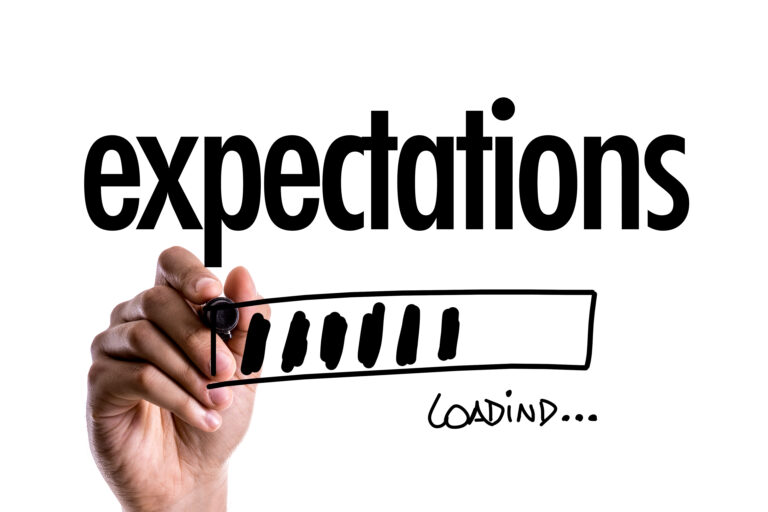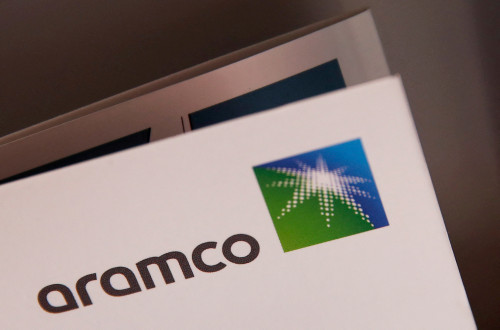
(Justin Vaughn, Editor, Options Trading Report)
The S&P 500 and Nasdaq Composite rose Friday, pushing major stock indexes to weekly gains after a better-than-expected January jobs report showed the economy is still growing solidly. Hirings show surprising strength. The U.S. economy added 467,000 jobs in January, the Labor Department said Friday, with wages climbing 5.7%. “We’re seeing a more resilient, more prepared U.S. Labor market than we’ve seen in the past,” said Becky Frankiewicz, president of ManpowerGroup North America. The technology-focused Nasdaq Composite jumped by 219.19 points, or 1.6% to finish at 14098, a day after the index posted its largest loss since September 2020. The S&P 500 climbed 23.01 points or 0.5% to end at 4500.53. Both were bolstered by a 14% jump in shares by Amazon.com, which surged after the e-commerce giant said profit nearly doubled in the holiday period. No doubt the Amazon report energized the market. The Dow Jones Industrial Average slipped by 21.42 points to end at 35089.74. The index blue-chip stocks were down more than 300 points earlier in the session, recovering nicely at day’s end. Even with the Dow’s small loss, all three indices finished strong for the week, extending their weekly winning streak to two. Last month indices tumbled for a short stretch of weeks as concerns flared about the path of monetary tightening by the Federal Reserve. The central bank last week signaled that it would begin raising rates in March. “Markets were afraid the Fed would raise rates at a time when the economy was roiling over and there were worries about policy errors,” said Jamie Cox, managing partner for HarrisFinancial Group. What data like [Friday’s jobs report] suggests is that the Fed is adjusting monetary policy to adapt to the economy. Hyper-accommodative monetary policy is no longer needed.”
Metaverse, a term proponents use to describe a future 3-D version on the internet, comprising virtual worlds where people will get together to work, learn and play. [Wall Street Journal, 2-2-22] With interest in the devices growing, so is their reputation for being a source of pain and embarrassment, plus frustration. When Nintendo Co.’s Wii made its debut in the mid 2000’s, people hurt themselves using its motion-sensitive controllers. With VR headsets, as initial users found, the risk of getting tripped up is greater, because the devices completely cut off the real world. Jay Kim an associate professor of Environmental and Occupational Health at Oregon State University who has studied VR injuries said users should take frequent breaks to avoid harmful outcomes, such as “gorilla arm syndrome,” a pain caused by keeping one’s arms raised for prolonged periods. Last spring, Jake Masters of Charlotte, N.C., was in a virtual Roman coliseum fighting a tiger, but in the real world, he was fighting the air. He ended up dislocating his right shoulder and needed months of physical therapy. Mr. Masters has resumed playing in VR, but only while sitting down. Another VR mishap caught on camera led to a small amount of fame and fortune for Dean Cacioppo of the New Orleans area. A family member recorded him diving headfirst into a 75-inch flat-screen television while playing a demo that came with the headset. Millions witnessed the video. For many the thrill of Virtual Reality is like ‘bacon and eggs.’
Coffee Surges on Weather and Supply Chain Snarls….Your morning cup of ‘Joe’ has gotten a bit more pricy last year. First the drought came to Brazil, then the frost, ‘roiling’ the world’s top coffee-growing region during the pandemic. Arabica coffee futures closed Tuesday [2-1-22] at $2.37 a pound, after finishing January a little below monthly highs of $2.44. Futures traded at around $1.30 during thre same time laat year. They finished 2021 up 76%, the largest percentage gain since 2010. “The coffee market has been on fire,” said Dave Whitcomb, head of research at Peak Trading Research. “This is the type of rally we haven’t seen in years.” The surge in prices is hitting coffee sellers and roasters, which in turn are passing it on to consumers. Nestle SA, which sells at-home coffee through the Starbucks and Nescafe brands, is among those feeling pressure. J.M. Smucker Co.’s bottom line in the coffee segment was hurt by extreme weather and supply-chain disruptions. The Ohio company, which sells coffee through the Dunkin’ Donuts, Cafe Bustelo and Folger brands raised prices in response. according to Chief Executive Mark Smucker. He anticipates another raise in the near future. Cafe Du Monde, in New Orleans, raised prices for several varieties of coffee, and coffee sold in stores, with a 5% mark-up instituted in November and another possible increase in March or April. C’est la vie coffee lovers.
RUMBLINGS ON THE STREET
Jason Furman, an economist at Harvard’s Kennedy School, in tweet Barron’s “January 2022 will be remembered as a month the virus ceased to be boss. It wreaked havoc & death at a terrible scale. But the economy no longer cares.”
Gary Schilling, who runs the long-established economic advisory service bearing his name, is looking for an “economy that is going to be soft” and “inflation that is going to fade.” A recession has followed 11 of the past 12 Fed policy tightenings, he pointed out. Barron’s
Mike Bell, global market strategist at JPMorgan Asset Management, WSJ “Those companies which have continued to deliver strong results have held up relatively well,” he said. “Those companies which were priced as heavily valued growth stocks, but then underdelivered, are getting hit extraordinarily hard,” he added.
Ben Levisohn, Barron’s ‘Trader Writer’ “For the stock market, this past week had the feel of steering out of a spin after hitting an ice patch–and driving away safely. Unfortunately, the road ahead may be even more treacherous.”
THE NUMBERS Barron’s
$168 Million Amount investors pumped into ARK Innovation EFT the last week of January after it lost half its value in the past year
$30 Trillion Level breached by U.S. debt for the first time, up $7 trillion since the pandemic began.
1.35 Million Number of teacher resignations in the first 11 months of 2021, 800,000 for state and local, 550,000 for private educators
29% Percentage of global wheat market held by Ukraine and Russia






